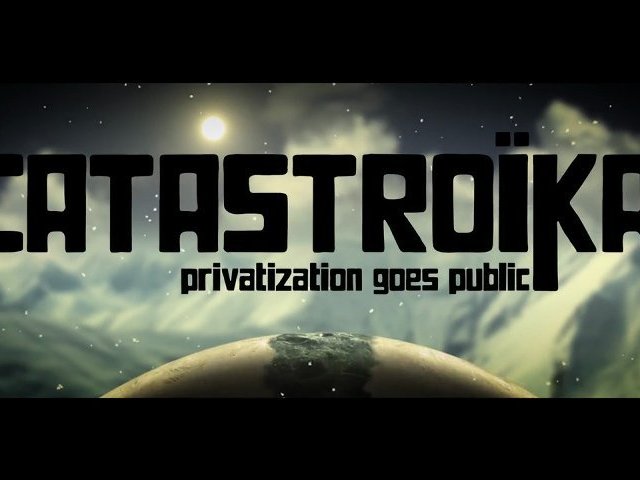“Catastroika” is a powerful and thought-provoking documentary that delves into the shifting of state assets to private hands. The film, created by the team behind “Debtocracy,” takes viewers on a journey around the world as they gather data on privatization and search for clues on the day after Greece’s massive privatization program.
The film begins by providing a detailed and engaging account of the history of privatization and its impact on economies around the world. The filmmakers speak with experts and interview individuals who have been directly affected by the privatization of state assets. Through these interviews and expert analysis, the film provides a comprehensive and nuanced understanding of the consequences of privatization.
One of the most striking aspects of the film is the way it highlights the impact of privatization on individuals and communities. The filmmakers speak with individuals who have lost jobs, homes, and access to essential services as a result of privatization. These interviews provide a powerful reminder of the human cost of privatization and the need to consider the impact of these policies on individuals and communities.
The film also delves into the economic and political factors that drive privatization and explores the potential consequences of these policies. The filmmakers provide a clear and compelling argument that privatization can have significant negative consequences for economies and societies.
Another aspect of the film that is worth noting is the way it presents the information in a way that is both informative and engaging. The film is expertly produced and provides an immersive viewing experience that will leave viewers with a deeper understanding of the consequences of privatization.
In conclusion, “Catastroika” is a must-watch film for anyone interested in economics, politics, and the impact of policy on individuals and communities. It provides a powerful and thought-provoking examination of the consequences of privatization and serves as a reminder of the need to consider the human cost of these policies.

